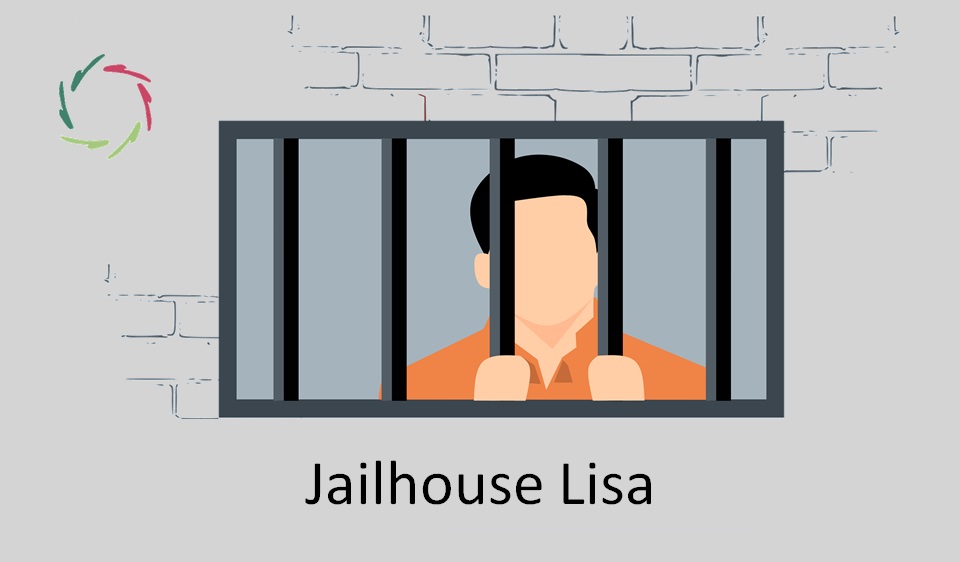Morality Is the Relief of Suffering

Suffering is here broadly looked upon as: any hurt related to the loss of contact with one’s inner being. In this sense, relief of suffering of others and of oneself go together.
(This text has a quite Buddhistic inspiration. The aim is to be applicable for all, always, everywhere.)
In one sweep, the title of this text replaces the quest for morality to the question: What is ‘suffering’? I already gave one answer. It’s debatable but I do go further on this.
One may generally discern three sources of suffering:
According to Buddhistic tradition: grabbing, pushing away, and lack of basic insight into the nature of human being.
Not bad. However, these three are quite natural. There is nothing wrong with them as such. Completely getting rid of them may leave one barren. It is rather in their extremes that they are negative:
- Grabbing -> addiction. It’s never enough. There is little and fleeting satisfaction in getting the object of addiction.
- Pushing away -> stress, anxiety. The feeling is overwhelming, out of control.
- Lack of insight -> being stuck in a view on human being that takes the nonconscious not at all into account.
Three into one
These three have in common a loss of contact with one’s center or ‘inner self’. This is what C.G. Jung called dissociation. The opposite, he called individuation. Interesting: in-dividuation = becoming ‘un-divided’, ‘whole’.
The final goal of this morality is thus the ‘whole person’.
In the process towards this, one encounters very generally a ‘relief of suffering’.
For instance, one may be addicted to cigarette smoking (or to overeating, to money, to status, to anything…). By diminishing this addiction, one diminishes the suffering.
For instance, one may have a chronic pain. Trying to push this away may lead to a lot of stress. By – deeply – accepting the pain, one diminishes the suffering.
For instance, one may be enraged towards another person. Deep insight shows the other person as a human being with human flaws, also beyond conscious awareness. Bringing such insight, one diminishes the suffering.
Two ways of ‘relief’ of suffering
Since the suffering is brought about through the disconnect, one can logically bring about ‘relief’ in two ways, two ‘solutions’:
- diminishing the disconnect, thus: in-dividuation
- directly diminishing the suffering itself, this is: ‘killing’ it regardless of the disconnect.
In Western medicine, the latter is accomplished for instance by pain-killers and by all kinds of medication with names starting as ‘anti’: anti-depressants, anti-anxiety medication etc. Actually, there are a lot of ‘anti medications’. One can see in this that Western medicine is generally quite oriented upon the second solution.
Healing, whole, holiness, holistic…
These terms have the same etymological roots. No coincidence. The main orientation here is always on the first solution.
Religion -> ‘re-ligare’ also points to the same. ‘Re-ligare’ means literally: to connect again and thoroughly. I see in this a connection with one’s self deep inside and from there to outside.
Eastern enlightenment is also about becoming ‘whole’, becoming ‘one with the universe’, becoming the ‘Buddha that you already are’.
In the West, this has engendered a lot of ‘alternative medicines’ that like to call themselves ‘holistic’… The reflex is OK, but sorry, I don’t see it realized.
The morality in this
The ‘better person’ lies within the range of the complete person: integrated, authentic, open. This is what many also experience as ‘morality’ in general. The means towards it (‘moral code’) are diverse and may not always be obvious or even correct. Interestingly, this also divides the political landscape:
- more leftist: direct relief of all suffering
- more rightist: with moral codes also in authority, loyalty, sanctity… anything in which people find ‘soul’…
Insight in <morality as the relief of suffering> may bring such diverse politics more together. At the re-ligare level, it may also bring religions together. Eventually, as moral beings we all seek the same:
The relief of suffering of others, as well as of oneself
The latter is not a streak of egoism. As may be obvious by now, it’s not meant here that one should avoid the own suffering directly. But the relief of one’s own suffering is also part of the endeavor. Being addicted / anxious / lacking insight, prevents REAL empathy (= not sympathy), which encompasses seeing others as who they are and not on the canvas of one’s own suffering. Thus, dissociation also prevents helping others.
Moreover, it is from the own suffering that people are driven to commit ‘crimes’, bringing suffering to others. Eventually the own suffering (dissociation) is by far the most important cause of the suffering of others as well as more suffering of oneself.
This puts both goal and cause of morality in the same endeavor.
According to me, this is the only way. It’s not the end of the way. It’s present in the whole way.


